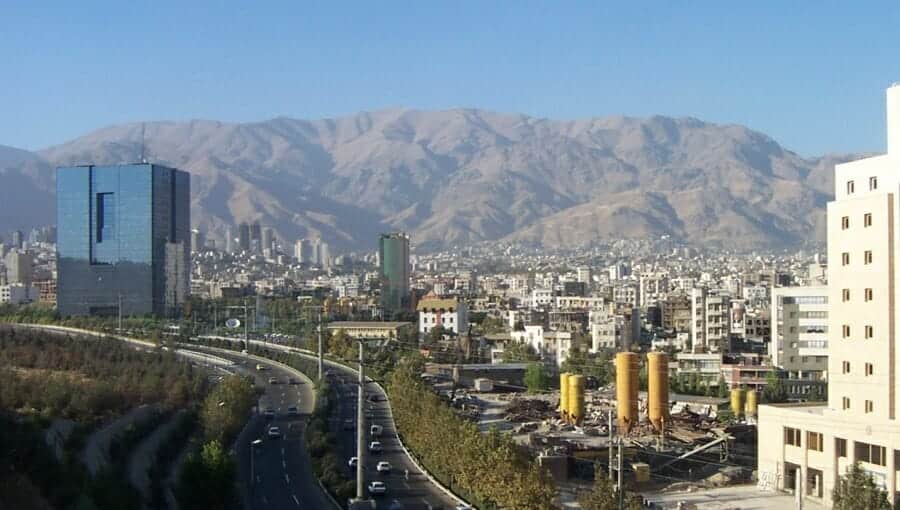An Iranian court has sentenced the former governor of Iran’s central bank to 10 years in prison for violating the country’s currency system, a judiciary spokesperson said Saturday.
Zabihollah Khodaeian, judiciary spokesman, told state TV that besides violating the currency system, Valliollah Seif also had a role in smuggling foreign currency.
Khodaeian said that Ahmad Araghchi, a then-deputy to Seif, was sentenced to eight years on the same charges. Eight others were also sentenced to various prison terms, he said. All of the defendants have the right to appeal.
Seif was governor of Iran’s central bank for five years until 2018 under former President Hassan Rouhani. Araghchi was his deputy from 2017 to 2018.
State TV said they were involved in violations of the currency market in 2016, a time when the Iranian rial sustained considerable losses in value against major foreign currencies. The defendants illegally injected $160 million and 20 million euros into the market, state TV said.
The rial exchange rate was at 39,000 to $1 in 2017 at the beginning of Araghchi’s time in office but it reached more than 110,000 to $1 by the time he was dismissed in 2018. The change partly coincided with severe US sanctions imposed on Tehran.








